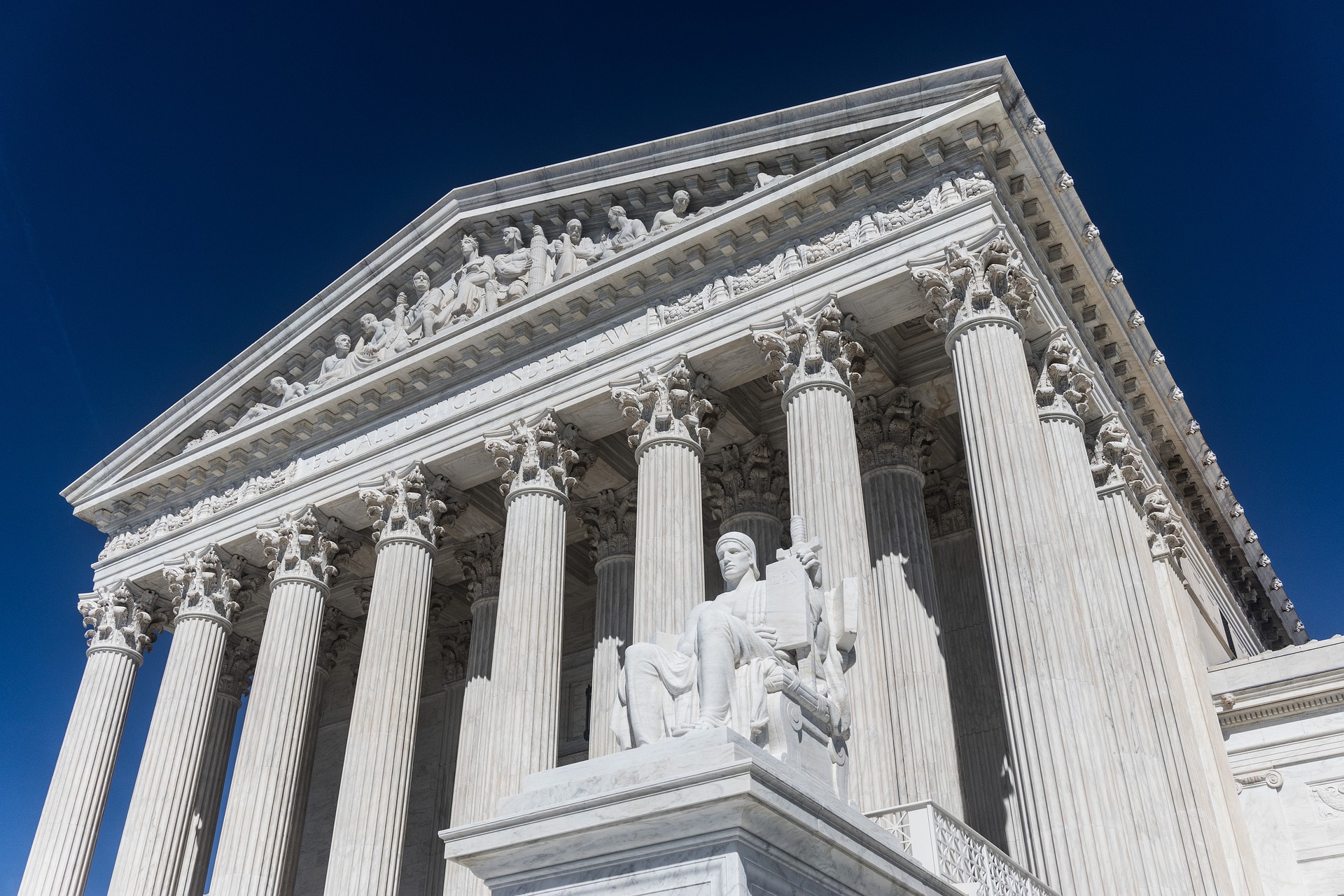Common Hotel Scams Travelers Should Know and How to Avoid Them
Planning your next vacation? Be aware of the most common hotel scams that could cost you money or compromise your personal information. This article explains how to spot red flags, avoid fake bookings, and protect yourself during your stay. A few tips can go a long way.

What are the most prevalent hotel booking scams?
One of the most common hotel scams occurs during the booking process. Fraudsters create fake websites that mimic legitimate hotel booking platforms or even specific hotel websites. These sites often offer deals that seem too good to be true, luring travelers with incredibly low prices. When unsuspecting guests arrive at their destination, they discover that no reservation exists, and they’ve lost both their money and accommodation.
To avoid falling victim to this scam, always book through official hotel websites or reputable online travel agencies. Double-check the URL for any misspellings or slight variations that might indicate a fraudulent site. Be wary of deals that seem significantly cheaper than those offered on other platforms, and always pay with a credit card for added protection.
How can travelers protect themselves from phishing attempts?
Phishing scams are another prevalent threat in the hotel industry. Scammers may send emails or text messages posing as the hotel, requesting personal information or additional payments. These messages often create a sense of urgency, claiming that there’s an issue with your reservation or payment method.
To protect yourself, never click on links or download attachments from unsolicited emails. If you receive a message regarding your reservation, contact the hotel directly using the phone number or email address from their official website. Be cautious of any requests for personal information or payments outside of the official booking process.
What are some common on-site hotel scams to watch out for?
Once you’ve arrived at your hotel, there are still several scams to be aware of. One common tactic is the “front desk call” scam. In this scenario, scammers call your room pretending to be from the front desk, claiming there’s an issue with your credit card and requesting your details over the phone.
To avoid this scam, never give out your credit card information over the phone. If you receive such a call, hang up and visit the front desk in person to resolve any potential issues. Remember that legitimate hotel staff will never ask for your full credit card number or other sensitive information over the phone.
How can guests avoid hidden fees and charges?
Hidden fees can quickly add up and ruin your travel budget. Some unscrupulous hotels may advertise low rates but fail to disclose additional charges for amenities like Wi-Fi, parking, or resort fees. These fees can sometimes double the advertised room rate.
To protect yourself from hidden charges, always read the fine print before booking. Ask about any additional fees that may not be included in the initial rate. Get a breakdown of all charges in writing, and keep this documentation for reference. If you encounter unexpected fees during check-out, don’t hesitate to question them and request a detailed explanation.
What unique hotel scams should travelers be aware of in the United States?
In the United States, one particular scam to be aware of is the “pizza flyer” scam. Scammers slide fake pizza delivery flyers under hotel room doors. When unsuspecting guests place an order, they’re asked for credit card information over the phone. Instead of getting a delicious pizza, they end up with fraudulent charges on their credit card.
To avoid this scam, always verify the legitimacy of any services advertised in your hotel room. Use official hotel directories or ask the front desk for recommended local restaurants. Never give out your credit card information to unknown parties over the phone, even if they claim to be from a local business.
How can travelers verify the legitimacy of a hotel and its services?
Verifying the legitimacy of a hotel and its services is crucial to avoid scams and ensure a safe stay. Here are some steps you can take to protect yourself:
-
Research the hotel thoroughly before booking
-
Read recent reviews from multiple sources
-
Check the hotel’s official website and social media presence
-
Verify the hotel’s physical address and contact information
-
Use reputable booking platforms with buyer protection policies
-
Contact the hotel directly to confirm your reservation
| Verification Method | Description | Reliability |
|---|---|---|
| Official Website | Check the hotel’s own website | High |
| Third-Party Reviews | Read reviews on platforms like TripAdvisor or Booking.com | Medium-High |
| Social Media Presence | Look for active, verified accounts | Medium |
| Direct Contact | Call or email the hotel to confirm details | High |
| Google Street View | Verify the hotel’s physical location | Medium |
| Local Tourism Board | Check if the hotel is registered with official tourism organizations | High |
Prices, rates, or cost estimates mentioned in this article are based on the latest available information but may change over time. Independent research is advised before making financial decisions.
By taking these precautions and staying informed about common hotel scams, you can significantly reduce the risk of falling victim to fraudulent activities during your travels. Remember to trust your instincts – if something seems too good to be true or feels suspicious, it’s best to err on the side of caution. With vigilance and preparation, you can focus on enjoying your trip rather than worrying about potential scams.




